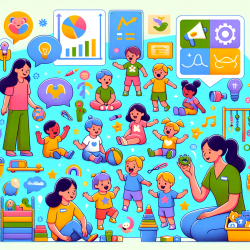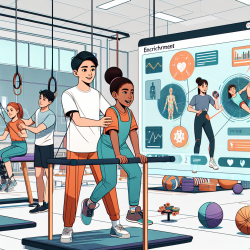Introduction
In the evolving landscape of education, the integration of effective discussion facilitation within social studies classrooms remains a crucial yet underutilized practice. Despite the acknowledged benefits of student-to-student discourse, many classrooms continue to rely heavily on lectures and textbook work. The research article "Teaching content in practice: Investigating rehearsals of social studies discussions" by Kavanagh et al. (2019) sheds light on innovative pedagogical approaches that address this gap by exploring how teacher educators (TEs) can simultaneously focus on content and practice through rehearsals.
Key Findings from the Research
The study investigates the role of rehearsals in teacher education, particularly in history and social science methods courses. The findings reveal that rehearsals provide a rich environment for novice teachers to develop both content knowledge and practical skills. Here are some key insights:
- Simultaneous Focus on Content and Practice: The research highlights that it is possible to engage novice teachers in developing their content knowledge and practical skills simultaneously. Rehearsals allow TEs to work on drawing out students' interpretive thinking and using students' utterances effectively.
- Emphasis on Core Practices: Rehearsals focus on core practices such as engaging students as sense-makers, orienting students to each other, and guiding them in constructing and verifying knowledge. This approach ensures that discussions are not only about content delivery but also about fostering critical thinking and inquiry.
- Pedagogical Content Knowledge (PCK): The study underscores the importance of PCK, which combines content knowledge with pedagogy. TEs use rehearsals to model and guide novice teachers in representing content in ways that make it accessible and meaningful to students.
Implications for Practitioners
For practitioners looking to enhance their skills in facilitating discussions, the research offers several actionable strategies:
- Engage in Rehearsals: Practitioners can benefit from engaging in rehearsals where they can practice discussion facilitation in a supportive environment. This allows them to receive feedback and refine their techniques.
- Focus on Core Practices: Emphasizing core practices such as engaging students as sense-makers and orienting them to each other can lead to more productive discussions. Practitioners should aim to create an environment where students feel comfortable sharing and debating ideas.
- Develop PCK: Practitioners should strive to deepen their understanding of both content and pedagogy. This includes learning how to present content in ways that are accessible and engaging for students.
Encouraging Further Research
While the study provides valuable insights, it also opens the door for further research. Practitioners are encouraged to explore how different approaches to rehearsals can impact novice teachers' capacity for discussion facilitation. Additionally, investigating how rehearsals can be tailored to different types of discussions or content areas could provide further guidance for educators.
Conclusion
The integration of rehearsals in teacher education offers a promising avenue for enhancing discussion facilitation skills in social studies classrooms. By focusing on both content and practice, educators can create more dynamic and engaging learning environments that foster critical thinking and inquiry among students.
To read the original research paper, please follow this link: Teaching content in practice: Investigating rehearsals of social studies discussions?










